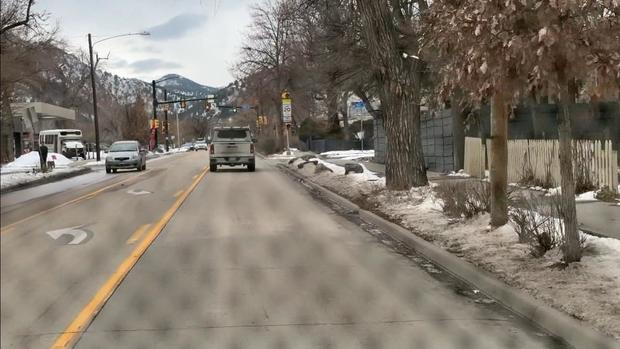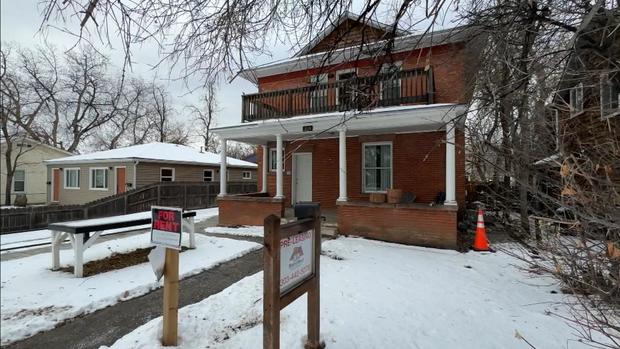City Council in Boulder, one of Colorado's least affordable cities, votes to remove cap on residential growth
City leaders in Boulder are moving forward with a plan to remove barriers for people who want to buy a home in the city. On Thursday night the Boulder City Council voted unanimously to remove the residential growth cap, an ordinance that's been in place for decades.
The City of Boulder has managed its residential growth since the 1970s. The current residential growth management system has been in place since 2004 to help curb annual growth in the city.
"It was really created at a time when Boulder was seeing a lot of outward growth from suburban, single-family neighborhoods that were taking up a lot of land," said Karl Guiler, the senior policy advisor with the city.
Guiler said the system was put in place when there was a lot of concern from the community about the pace of growth and how to regulate growth in the city. The goal of the system that's been in place was to try to slow down the growth on a yearly basis by limiting the number of residential building permits per year. The system limits the annual increase of new residential units built in Boulder to no more than 1% of the existing housing stock. In turn, that makes the supply of homes limited. But a change in the ordinance could make it easier and more affordable in the future for homebuyers in Boulder.
"Obviously, there are a lot of challenges that this community faces in terms of housing. So, I mean, this is one way of addressing that," said Guiler.
Mayor Aaron Brockett said Thursday he's in favor of removing the residential growth cap. He said Boulder needs more housing and it's an expensive place to live and added that the ordinance hasn't been effective in more than 20 years. That's because affordable housing, mixed-use projects and University of Colorado housing are exempted from the ordinance, and those exemptions are not included in the 1% annual growth.
Guiler shared similar thoughts.
"What we've been seeing with the with the residential growth management system is, even if you included residential permits that are not exempt, it still floats around that 1%. The growth rate has been fairly constant through the years," said Guiler.
Guilder also said the city currently has about 47,000 housing units, but many are not affordable.
"The rising housing costs in Boulder, like it's affecting communities nationally, is really affecting us here very acutely," said Guiler.
Proponents of removing the residential growth cap also say a change moving forward allows for more diverse housing choices in Boulder.
"We've been looking at ways to look at our zoning code and remove barriers to housing units," said Guiler. "So this system has been looked at as a barrier."
Last year, state lawmakers also passed a law that prohibits anti-growth laws. Mayor Brockett and Guiler also said a change in the ordinance will align with what the state is doing, plus it will also ease the workload for city staff managing the cap.






